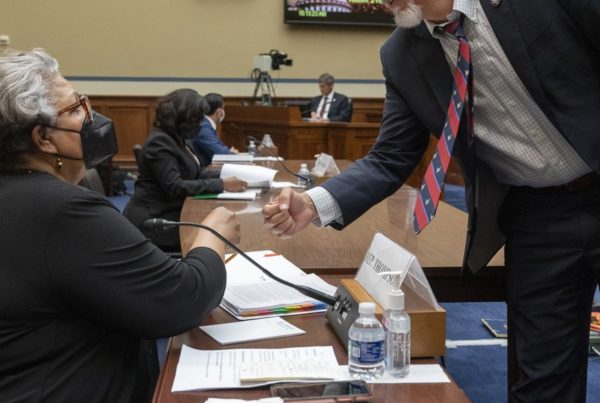The trauma region serving eleven counties in Central Texas is down to two staffed Intensive Care Unit beds as hospitals in the area see a sharp increase in people being admitted with severe COVID-19 symptoms. This region serves approximately 2.4 million people.
Dr. Desmar Walkes is the city of Austin medical director and health authority for Austin and Travis County. Dr. Walkes says there are 200 ICU beds for that number of people. But the quick rise in the number of unvaccinated COVID-19 patients entering the hospital, and a lack of staffing has caused a shortage of staffed beds.
“We’re experiencing a surge a lot quicker than we have in previous surges as far as our numbers climbing in such a short period of time,” Walkes said. “The vaccination status of those staying in our hospitals is showing that almost all of our COVID-19 patients that are in hospital are unvaccinated, so it’s truly a surge that has been participated by those who are unvaccinated.”
Walkes says a little more than 14% of people in this trauma region are hospitalized with severe COVID-19 symptoms. She says the best thing people, 12 years and older, can do right now is get fully vaccinated against COVID-19. She is also encouraging everyone, unvaccinated and vaccinated, to wear masks in public and avoid large crowds.
“The delta variant is a different viral entity in that it’s much more infectious and it spreads much more quickly in our community,” said Walkes. “In presymptomatic stages of this disease, people are able to spread it to other people and they may not know they are sick so they’re not staying home and they’re actually spreading the virus in the time when they’re not having symptoms. And that’s why it makes it so important that people wear masks and protect themselves and others from this disease.”
Regarding the shortage of hospital staff, Walkes told Texas Standard’s home station, KUT-Austin, on Tuesday that there have been people who have worked on the response to the pandemic for the past 19 months and have now either retired of chosen different careers. She said this is also a phenomenon across the state, making it hard for many hospital regions to address shortages in staffed ICU beds.
“My colleagues are great, compassionate, dedicated doctors, nurses, therapists, respiratory therapists,” said Walkes. “And they’re continuing to do their job… They’re feeling frustrated, because they’re seeing a lot of people present to hospitals who are really sick and they don’t have to be if they just get vaccinated and by the time they get to the hospital, that’s too late.”













